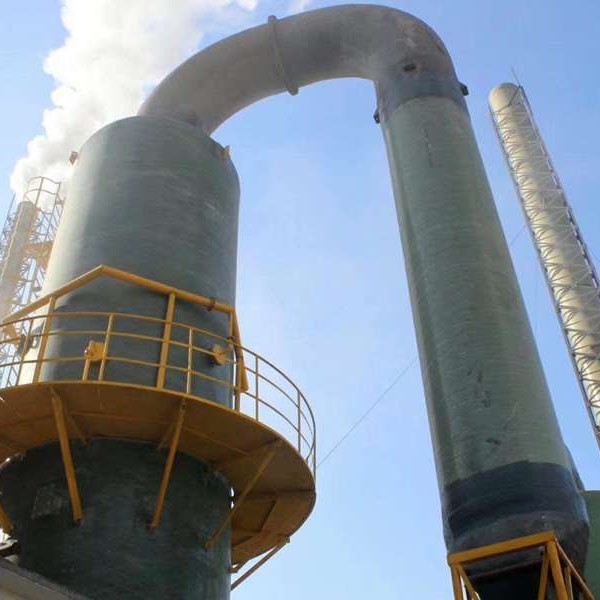
-
 Afrikaans
Afrikaans -
 Albanian
Albanian -
 Amharic
Amharic -
 Arabic
Arabic -
 Armenian
Armenian -
 Azerbaijani
Azerbaijani -
 Basque
Basque -
 Belarusian
Belarusian -
 Bengali
Bengali -
 Bosnian
Bosnian -
 Bulgarian
Bulgarian -
 Catalan
Catalan -
 Cebuano
Cebuano -
 China
China -
 China (Taiwan)
China (Taiwan) -
 Corsican
Corsican -
 Croatian
Croatian -
 Czech
Czech -
 Danish
Danish -
 Dutch
Dutch -
 English
English -
 Esperanto
Esperanto -
 Estonian
Estonian -
 Finnish
Finnish -
 French
French -
 Frisian
Frisian -
 Galician
Galician -
 Georgian
Georgian -
 German
German -
 Greek
Greek -
 Gujarati
Gujarati -
 Haitian Creole
Haitian Creole -
 hausa
hausa -
 hawaiian
hawaiian -
 Hebrew
Hebrew -
 Hindi
Hindi -
 Miao
Miao -
 Hungarian
Hungarian -
 Icelandic
Icelandic -
 igbo
igbo -
 Indonesian
Indonesian -
 irish
irish -
 Italian
Italian -
 Japanese
Japanese -
 Javanese
Javanese -
 Kannada
Kannada -
 kazakh
kazakh -
 Khmer
Khmer -
 Rwandese
Rwandese -
 Korean
Korean -
 Kurdish
Kurdish -
 Kyrgyz
Kyrgyz -
 Lao
Lao -
 Latin
Latin -
 Latvian
Latvian -
 Lithuanian
Lithuanian -
 Luxembourgish
Luxembourgish -
 Macedonian
Macedonian -
 Malgashi
Malgashi -
 Malay
Malay -
 Malayalam
Malayalam -
 Maltese
Maltese -
 Maori
Maori -
 Marathi
Marathi -
 Mongolian
Mongolian -
 Myanmar
Myanmar -
 Nepali
Nepali -
 Norwegian
Norwegian -
 Norwegian
Norwegian -
 Occitan
Occitan -
 Pashto
Pashto -
 Persian
Persian -
 Polish
Polish -
 Portuguese
Portuguese -
 Punjabi
Punjabi -
 Romanian
Romanian -
 Russian
Russian -
 Samoan
Samoan -
 Scottish Gaelic
Scottish Gaelic -
 Serbian
Serbian -
 Sesotho
Sesotho -
 Shona
Shona -
 Sindhi
Sindhi -
 Sinhala
Sinhala -
 Slovak
Slovak -
 Slovenian
Slovenian -
 Somali
Somali -
 Spanish
Spanish -
 Sundanese
Sundanese -
 Swahili
Swahili -
 Swedish
Swedish -
 Tagalog
Tagalog -
 Tajik
Tajik -
 Tamil
Tamil -
 Tatar
Tatar -
 Telugu
Telugu -
 Thai
Thai -
 Turkish
Turkish -
 Turkmen
Turkmen -
 Ukrainian
Ukrainian -
 Urdu
Urdu -
 Uighur
Uighur -
 Uzbek
Uzbek -
 Vietnamese
Vietnamese -
 Welsh
Welsh -
 Bantu
Bantu -
 Yiddish
Yiddish -
 Yoruba
Yoruba -
 Zulu
Zulu
fiberglass drum
Understanding Fiberglass Drums An Innovative Solution for Storage and Transport
In the world of industrial storage and transport, the materials we choose play a crucial role in the efficiency and safety of our operations. One such innovative solution that has gained significant traction in recent years is the fiberglass drum. Known for their durability, lightweight nature, and resistance to corrosion, fiberglass drums are becoming a popular choice for many industries requiring reliable containment solutions.
What are Fiberglass Drums?
Fiberglass drums are containers constructed primarily from fiberglass-reinforced plastic (FRP). This composite material is created by combining glass fibers with a resin matrix, resulting in a strong and lightweight drum. The design of fiberglass drums typically features a cylindrical shape, which allows for optimal strength and uniform stress distribution. They are available in various sizes, often ranging from 5 to 100 gallons, making them suitable for a wide array of applications, from chemical storage to food processing.
Benefits of Fiberglass Drums
The advantages of using fiberglass drums over traditional materials such as steel or plastic are numerous
1. Corrosion Resistance One of the standout features of fiberglass drums is their resistance to chemical corrosion. Unlike metal drums, fiberglass does not rust or corrode when exposed to harsh chemicals, making them ideal for storing aggressive substances like acids or alkalis. This characteristic significantly extends the lifespan of the container, providing greater value over time.
2. Lightweight Fiberglass drums are considerably lighter than their steel counterparts, which reduces loading and unloading times and is beneficial for transport. The lightweight nature of these drums also minimizes shipping costs and makes them easier to handle in the workplace.
fiberglass drum

3. Durability Despite being lightweight, fiberglass drums are incredibly durable and can withstand impact without cracking or breaking. This durability is essential for industries that require secure containment of hazardous or delicate materials.
4. Temperature Resistance Fiberglass can endure a wide range of temperatures, making these drums suitable for both hot and cold environments. This ability to maintain structural integrity under various thermal conditions is crucial in many industrial applications.
5. Customizability Fiberglass drums can be easily customized to meet the specific needs of a business. They can be designed with various features such as gaskets for enhanced sealing, linings for additional chemical protection, and even specialized coatings to meet unique requirements.
Applications of Fiberglass Drums
The versatility of fiberglass drums makes them suitable for numerous applications across different industries. Common uses include the storage and transport of chemicals, pharmaceuticals, food products, and hazardous materials. Their robust design ensures that they can safely contain substances without fear of leakage or contamination.
In the agricultural sector, for instance, fiberglass drums are often used to store fertilizers and pesticides. In the food industry, these drums provide a safe environment for storing bulk ingredients, preventing spoilage or contamination. Additionally, in environmental cleanup efforts, they play a crucial role in safely transporting hazardous waste to disposal sites.
Conclusion
As industries continue to evolve and adapt to new challenges, the importance of utilizing the right storage solutions cannot be overstated. Fiberglass drums stand out as an innovative and reliable option, offering unmatched durability, lightweight ease of use, and excellent resistance to corrosion and temperature fluctuations. By incorporating fiberglass drums into their operations, businesses can enhance efficiency, ensure safety, and promote sustainability in their storage and transport practices. As we move forward, it is clear that fiberglass drums will play a significant role in shaping the future of industrial containment solutions.
Latest news
-
High-Efficiency PDC Anchor Bits Fast High-Performance DrillingNewsJun.07,2025
-
Durable Corrosion-Resistant GRP Pipes & Fittings for Ship BuildingNewsJun.07,2025
-
Premium GRP Playground Equipment Durable & Safe FunNewsJun.06,2025
-
Premium FRP Storage Tanks - Corrosion Proof Acid ContainmentNewsJun.06,2025
-
FRP Absorber Industrial Noise Control SolutionNewsJun.06,2025
-
Efficient FRP Demister Superior Fog Elimination GearNewsJun.05,2025









